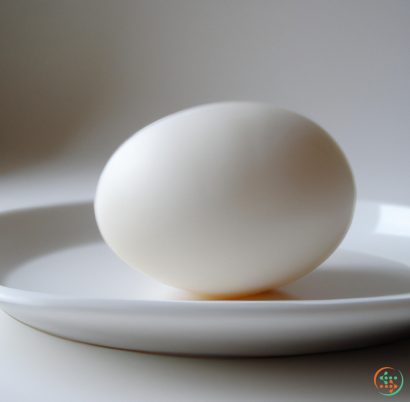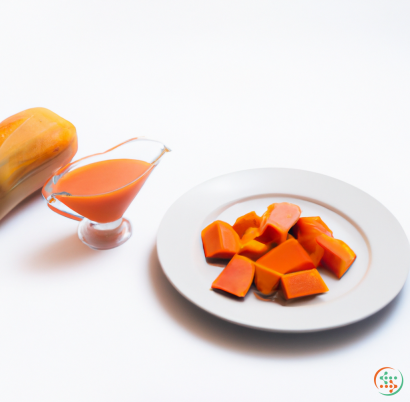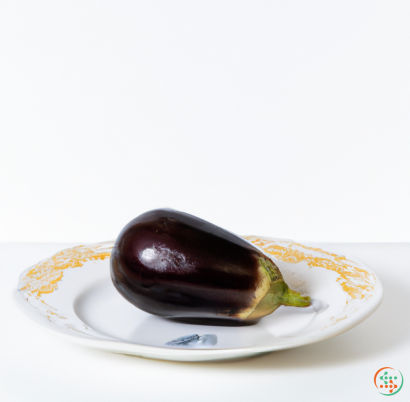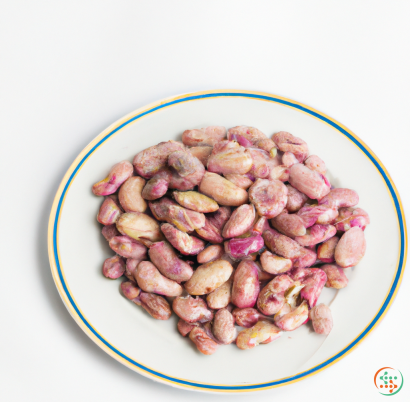Grapefruit Juice: Complete Mineral Profile
Grapefruit Juice: Considered a good source of minerals?
Grapefruit juice can be a good source of minerals, depending on the type and amount consumed. It contains some essential minerals such as potassium, calcium, magnesium, phosphorus and iron. However, because the mineral content in grapefruit juice is relatively low compared to other juices, it should not be relied upon as a primary source for these nutrients.
Potassium is one of the most abundant minerals in grapefruit juice, with approximately 135 milligrams per 8 ounces (240 ml). Potassium is an electrolyte that helps balance fluid levels in your body while promoting proper muscle and nerve function. It’s also important for maintaining healthy blood pressure levels.
Calcium is another important mineral found in significant amounts within grapefruit juice. Just one cup (240 ml) of pink or red grapefruit juice provides between 10–20% of your daily calcium needs. This mineral helps build and maintain strong bones and teeth and plays a role in supporting nerve transmission and muscle contractions.
Magnesium is a cofactor in more than 300 enzyme reactions and plays many roles in managing metabolic processes like energy production. One cup (240 ml) of pink or red grapefruit juice supplies about 5% of your Recommended Daily Allowance (RDA) for this mineral.
Although lower in these minerals, white grapefruit juice does contain some amounts. For example, one cup (240 ml) provides 1.8 mg of iron, or 9% of the RDL for adults. Phosphorus is also present in small amounts, supplying 6% of the RDL per one-cup serving.
Overall, if you consume grapefruit juice occasionally, it may provide beneficial amounts of several essential minerals, but should not be seen as a major dietary source. Supplementation and eating a variety of fresh fruits and vegetables are healthier options for ensuring adequate intake of minerals.
Grapefruit Juice ‐ Mineral Information
Grapefruit juice is a popular citrus beverage that has become well known for its health benefits. Rich in essential vitamins and minerals, grapefruit juice has many positive effects on the body when consumed as part of a healthy diet. Of particular importance are the minerals obtained from drinking grapefruit juice, which can provide important macro- and micro-nutrients that assist with metabolic function, proper nerve transmission, muscle control, and overall optimal health. This long form research paper will take an in depth look at the many mineral components of grapefruit juice, their respective functions, and the potential health concerns associated with long-term consumption.
Minerals are one type of nutrient necessary for good health; they are important building blocks for protein and other organic molecules used in physiological processes throughout the body. Vitamins, also vital to proper bodily function, often work hand in hand with minerals to facilitate various biochemical reactions. The typical cup of grapefruit juice provides several beneficial minerals including potassium, calcium, magnesium, sodium, phosphorous and zinc.
Potassium, primarily found in fruits and vegetables, is important in maintaining electrolyte balance and regulating the heart’s electrical activity. It’s also critical in cellular metabolism, contributing to osmotic pressure of cells, promoting enzyme activation, aiding in carbohydrate metabolism and maintenance of acid-base balance. Grapefruit is an excellent source of readily absorbable dietary potassium, providing approximately 236 milligrams per 8 ounces (1 serving). Intake of sufficient amounts of potassium helps reduce your risk of stroke, cardiovascular disease and high blood pressure due to its Vasodilatory effect. In addition, studies have shown that consumption of foods high in potassium may help maintain bone density by acting as buffers against acid production within the stomach and skeletal system.
Calcium is another mineral commonly found in grapefruit juice, mostly concentrated in its pulp. Studies suggest it might be involved in inhibiting cancer cell growth, having anti-inflammatory properties and protective roles in digestion. Each 8 ounce glass includes 24mg of Calcium, a small but noteworthy contribution towards building and preserving strong bones.
Magnesium is another important element documented to play a role in more than 300 enzymatic activities related to energy, coordination, and communication between the muscles and nerves. Furthermore, it aids minerals such as iron, calcium, phosphorus and sodium by helping them to regulate their uptake into the cells. A single cup of grapefruit juice is not particularly rich in magnesium content, containing only 11 milligrams; Nonetheless, it still forms part of a healthy intake limit of 300-400 mg daily, contributing to normal muscular contractions, relaxing smooth muscles and minimizing lactic acid accumulation during physical exercise.
The primary cation present in grapefruit juice is sodium, which contributes most of its salty taste. Sodium plays an important role in the transmission of signals along nerves and is responsible for gene expression in some proteins. Forms the major component of intra-cellular fluid and exclusive component of extracellular fluid .when balanced with other nutrients through orthosmosis, it establishes the resting membrane potential of cells, pumps substances out and in. One cup of this resilient juicy holds about 15 mg of sodium. Contrary to popular misconception, consuming recommended amount of sodium does not lead to hypertension unless there is disruption in some regulatory or catabolic pathways.
Phosphorus, like macrominerals is required to support vital organ systems. Notably, it has a key role in forming stable ATP complexes and helps tissues use glucose appropriately. Besides its involvement in signal transduction, it releases enzymes and hormones activated via G Protein coupled receptors. Interestingly, Phosphorus is vital yet notoriously difficult to assess due to the fact that 90% of it is bound to non-bioavailable sites. While 8 ounces contain a modest 8mg of phosphorus, breaking down complex molecules helps release bioactive phosphorus.
Lastly, Trace elements like Zinc, although absent in significant concentrations, show constructive results. They lower oxidative stress, while inhibiting aromtic amines shisowing carcinogenic effects. They also catalyze several antioxidant enzymes and boost immunity by activating lymphocyte proliferation and maturation. Moreover, zinc usage significantly lowers incidences of erectile dysfunction, improving sperm count. There are roughly 2.4Mg of zinc present in a single cup of grapefruit juice, though excessively large quantities can result in copper deficiency.
In conclusion, grapefruits are among the few natural sources of multiple minerals needed to maintain general wellness. Consumption of 8 ounces delivers adequate supply of crucial micronutrients like Potassium, Magnesium, Sodium and Phosphorous, whereas trace elements increase efficacy of specific cells and glands. On the downside, protracted excessive intake of liquid dynamite poses certain threats over time. Gastrointestinal distress, erosive tooth enamel, loss of appetite and even renal failure could be induced if cautionary limits aren’t adhered to. The abundance of mineral content inherent in grapefruit makes it ideal for people looking to supplement minerals lacking in their diets, however it should always be ingested responsibly following appropriate guidelines and medical advice when desired.
| Calcium | 0.009 grams |
Daily Value 1.3 g
|
| Iron | 0.2 mg |
Daily Value 0.018 g
|
| Magnesium | 0.012 grams |
Daily Value 0.4 g
|
| Phosphorus | 0.015 grams |
Daily Value 1.25 g
|
| Potassium | 0.162 grams |
Daily Value 4.7 g
|
| Sodium | 0.001 grams |
Daily Value 2.3 g
|
| Zinc | 0.05 mg |
Daily Value 0.011 g
|
| Copper | 0.03 mg |
Daily Value 0.9 mg
|
| Manganese | 0.02 mg |
Daily Value 0.0023 g
|







